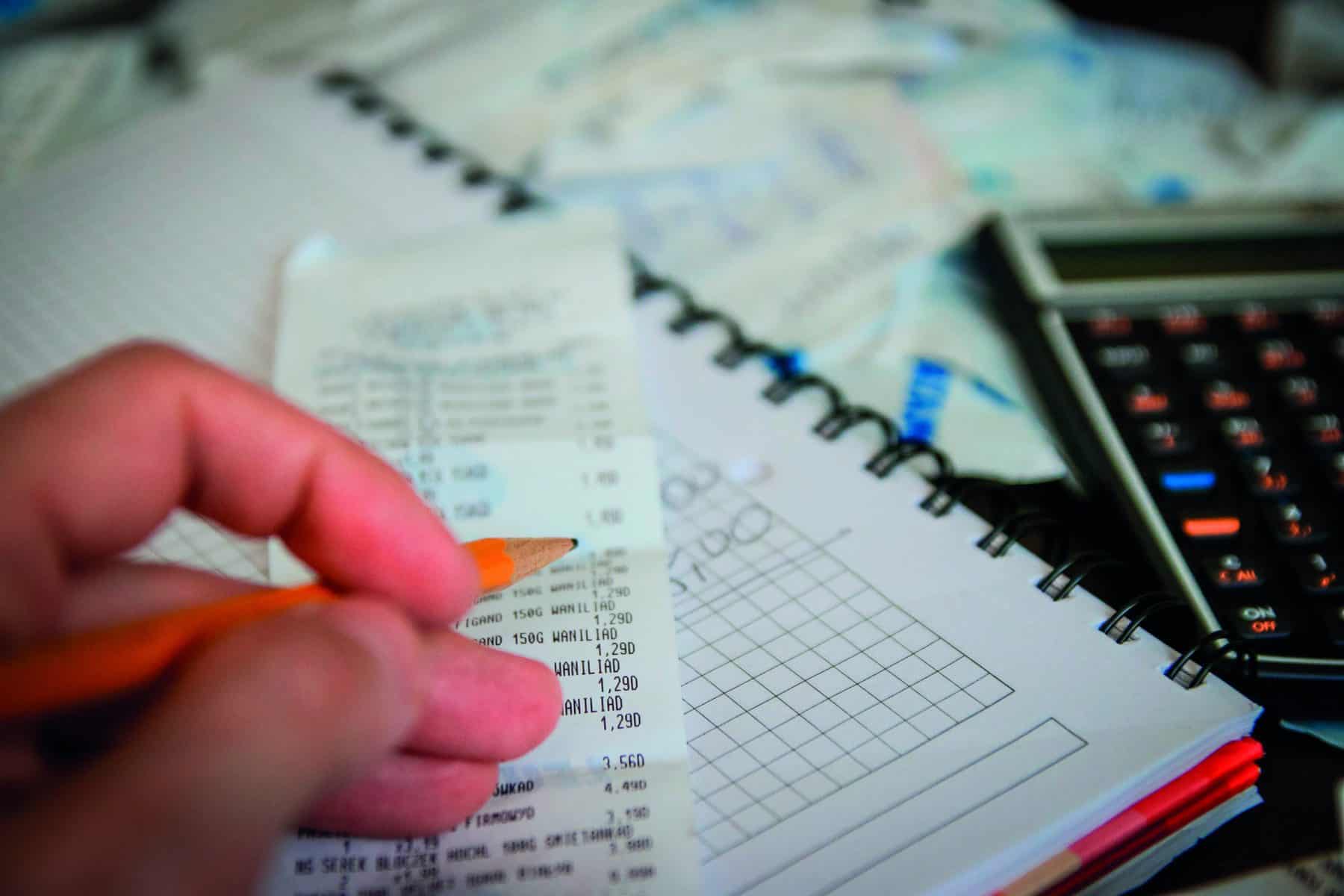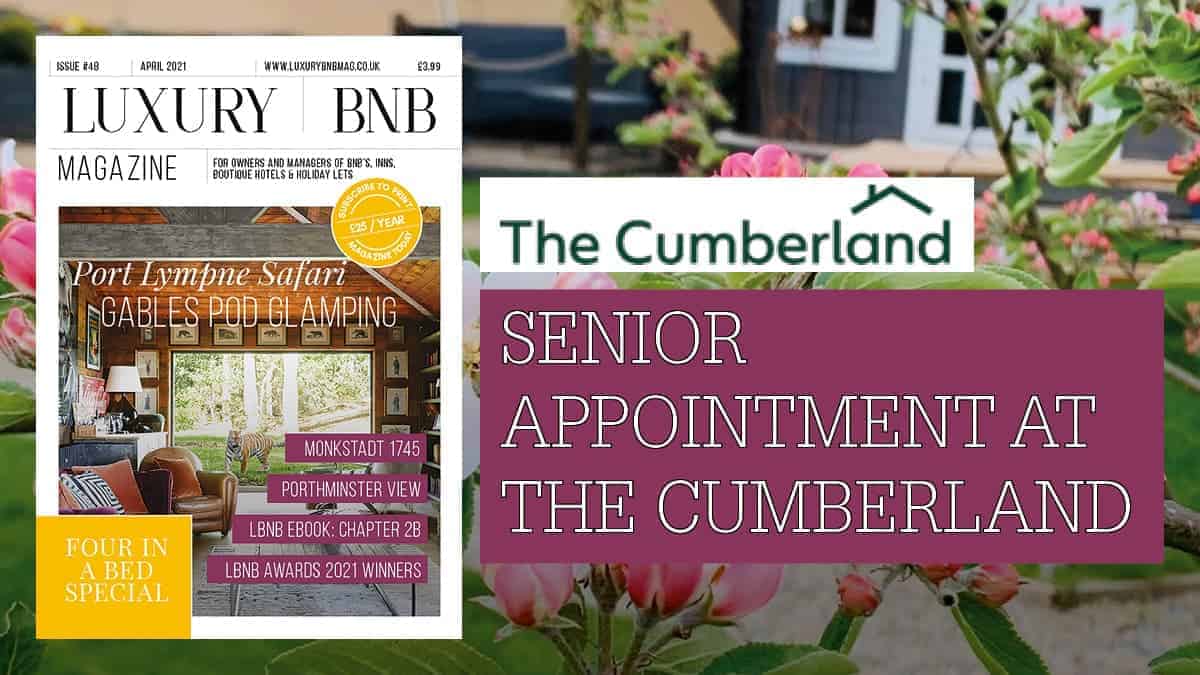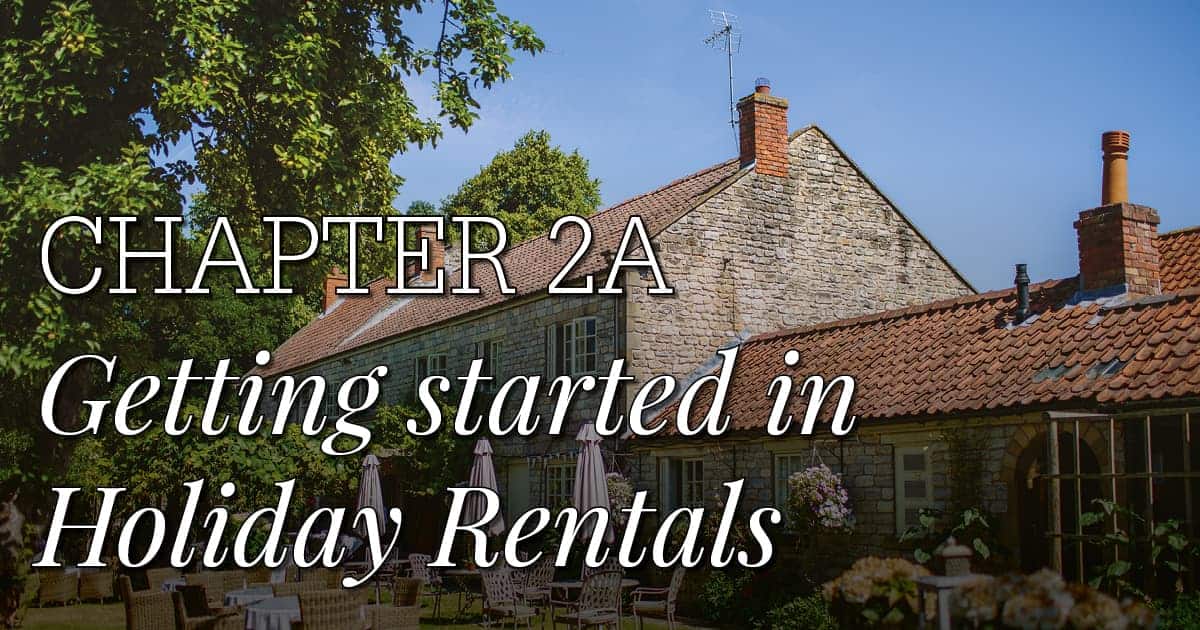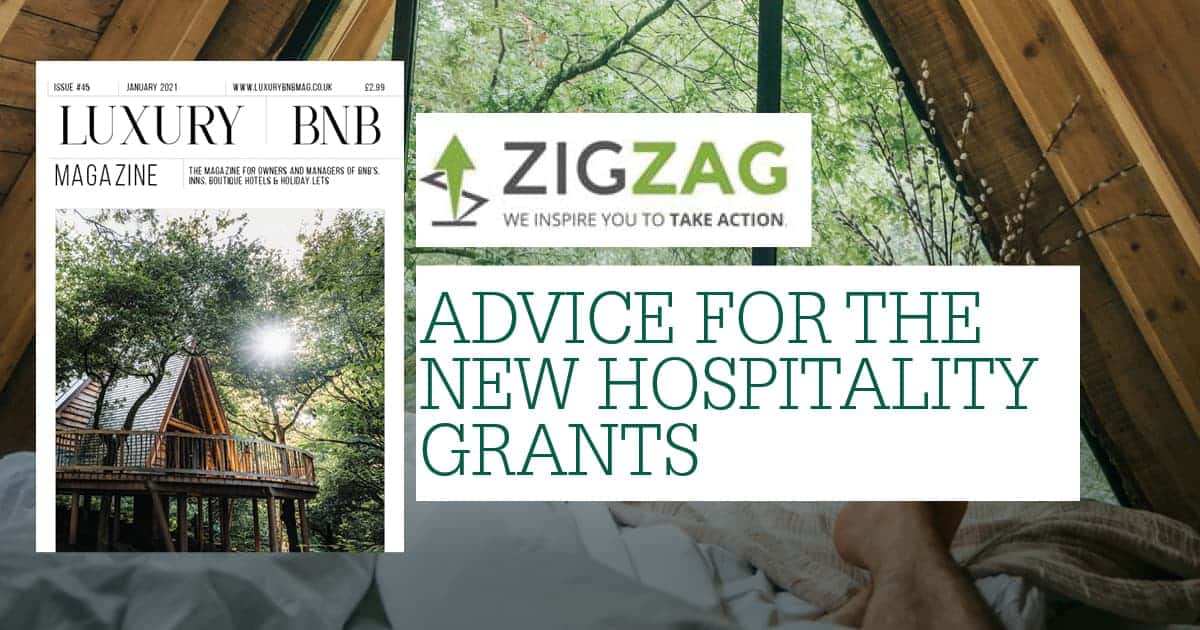
As many self-employed readers will be painfully aware, you have until the end of January to submit your last full year’s tax return. Bill Lumley looks at ways you may be able to reduce the stress so you can simplify expenses for your B&B.
If you look after your own tax affairs yourself without the aid of an accountant, this looming deadline and all the associated administrative tasks may by now have taken the edge off the festive season.
Some of us that have been self-employed in the past and with a weak background in accountancy recall that whenever the annual deadline approached, as PG Wodehouse might put it, the skies would darken and V-shaped depressions would start to form off the coast of Iceland.
If you miss the 31 January deadline for submitting your accounts then you are straight out of pocket with an immediate £100 penalty. Leave it three months and there is a daily penalty of £10 up to a maximum of £900. Six months late and another penalty of £300 – or 5% of the tax due, if this is higher, although quite how HMRC assesses that on unfiled accounts is unclear.
But HMRC really is on your side. Furthermore, it has a category of expenses known as simplified expenses that apply for those who are self-employed and who use their business premises as their home.
A high proportion of UK B&B owners should needless to say fall into this category.
Simplified expenses may be used instead of working out the split between what you spend for your private and business use of the premises. Under this simplified structure you start by calculating the total expenses for your premises.
Next you use the corresponding flat rate to subtract an amount for your personal use of the premises, based on the number of people living on the premises, and you then claim the rest as your business expenses.
For one person the flat rate is £350 per month, for two people it is £500 per month and for three or more people the flat rate is £650 per month.
For example, if you and your partner run a bed and breakfast in your own home and you live in the home for the entire year and your overall business premises expenses are £20,000, then to calculate the amount of expenses you can claim under this simplified regime, multiply 12 months x £500 = £6,000, which you subtract from your total expenses of the year, meaning you can claim £14,000.
If anyone else lives at your business premises for part of the year – a child at university for nine months of the year, for example – you can only deduct the relevant flat rate for the months they live there.
So, if you both live at and run your B&B throughout the year, and you have a child at home from college for three months in the summer, the calculation is flat rate of £500 per month for nine months = £4,500 plus the flat rate of £650 per month for the three summer months when your child is at home.
Of course, some B&B owners do expand to the point where they may consider registering for VAT. The UK’s VAT registration threshold, above which businesses making taxable supplies are required to register and account for VAT, is set at £85,000 until April 2020.
Many smaller B&Bs have to undertake careful tax planning to calculate whether increasing their occupancy rates or number of rooms is worth triggering the VAT threshold.
There are, however, some tax advantages to owning a B&B business: a proportion of your personal expenses may be treated as business expenses where they can’t be separated, for example maintenance, supplies and utility bills.
According to accountant Stuart Hindley & Partners, many small business owners are unsure whether or not they actually need to register for VAT. “In basic terms, any business that has a yearly turnover of £82,000 or more must register. When you register, you will have to add VAT to the price of your services or products – usually 20%. Every three months, you will need to hand this VAT over to HMRC.”
Whether you are a small self-employed B&B owner or a large and successful VAT-registered operation, in order to check that you are following the best practice it is sensible to seek a professional advice.



